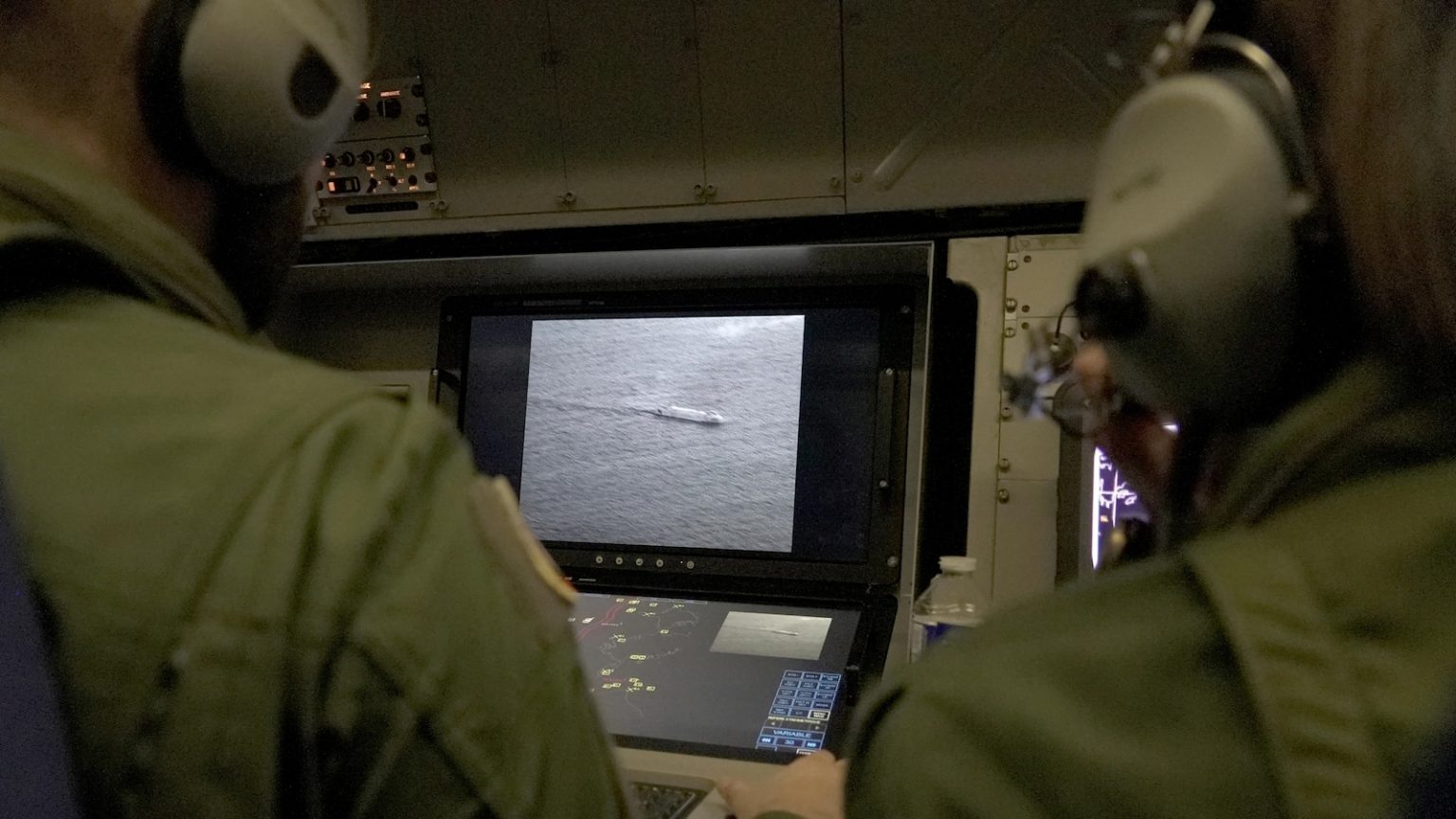Damaged Undersea Cable in the Baltic Sea Sparks Concerns
Swedish authorities have launched an investigation into a damaged undersea cable discovered in the Baltic Sea, according to a report by the Swedish news agency TT. The incident has raised concerns about potential sabotage and espionage in the region, particularly amid heightened tensions involving Russia. The cable, which runs between Germany and Finland, was found damaged off the coast of Gotland, a Swedish island located south of Stockholm. The discovery is the latest in a series of recent ruptures of undersea cables, which have drawn attention to the vulnerability of critical infrastructure in the Baltic Sea.
Sweden’s Investigation and Response
The Swedish Coast Guard has been deployed to the site of the damaged cable, and both the Coast Guard and prosecutors have referred media inquiries to the police, who have not yet provided a comment. The investigation is ongoing, and no official cause for the damage has been determined. However, the incident has prompted a serious response from the Swedish government. Prime Minister Ulf Kristersson emphasized on the social media platform X that the government is taking all reports of damage to Baltic Sea infrastructure very seriously. This statement underscores the growing urgency and sensitivity surrounding the issue.
Regional Fears of Russian Sabotage
The recent string of damaged undersea cables has fueled fears of Russian involvement, as tensions between Russia and Western nations continue to escalate. Late last month, another undersea fiber-optic cable connecting the Latvian city of Ventspils to Sweden’s Gotland was found damaged. Initially, suspicions of sabotage arose, leading to the seizure of a vessel belonging to a Bulgarian shipping company. However, Swedish prosecutors later ruled out sabotage as the cause, and the vessel was released. Despite this, the repeated incidents have heightened concerns about the security of critical infrastructure in the region.
The Importance of Undersea Cables
Undersea cables play a vital role in connecting nations and facilitating communication, trade, and economic activities. The Baltic Sea, a busy waterway for both commercial shipping and military activities, is home to numerous critical undersea cables. These cables are essential for maintaining internet connectivity, financial transactions, and other digital services across the region. Damage to these cables can disrupt operations, cause economic losses, and undermine national security. As such, incidents involving their damage or potential sabotage are treated with utmost seriousness by governments and international organizations.
International Collaboration and Security Measures
The string of damaged cables has also highlighted the need for enhanced international collaboration to protect critical infrastructure. Neighboring countries, including Finland, Germany, Latvia, and Sweden, have been working closely to investigate these incidents and strengthen security measures. The involvement of NATO and the European Union is also expected, as the protection of undersea cables falls under the broader umbrella of regional and global security. Experts have called for increased surveillance, better monitoring systems, and cooperation between nations to address the growing threats to these vital assets.
Conclusion: A Call for Vigilance and Action
The discovery of the damaged undersea cable in the Baltic Sea is a stark reminder of the vulnerabilities in our interconnected world. As investigations continue, the Swedish government and its regional partners must remain vigilant and proactive in addressing these challenges. The situation serves as a wake-up call for governments and organizations worldwide to prioritize the protection of critical infrastructure, ensuring the resilience and security of global communication and economic systems. By working together, nations can mitigate risks and safeguard the integrity of undersea cables, which are indispensable to modern life.















